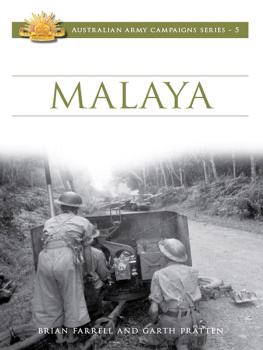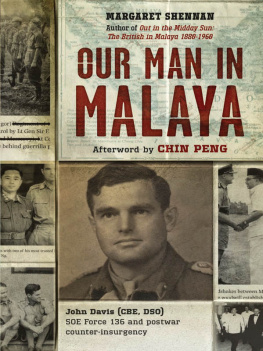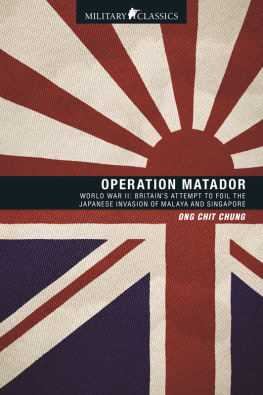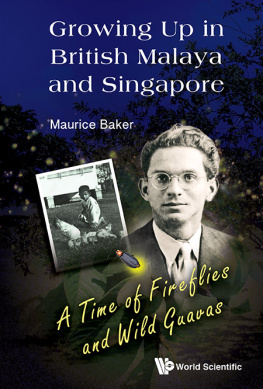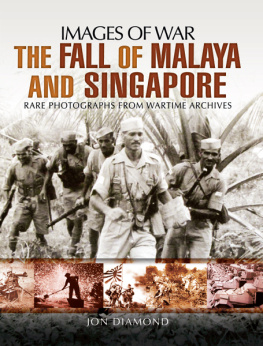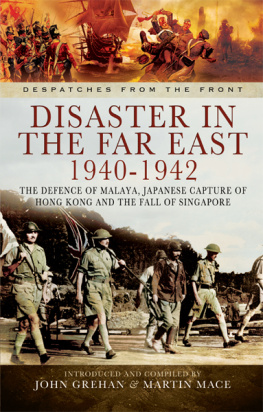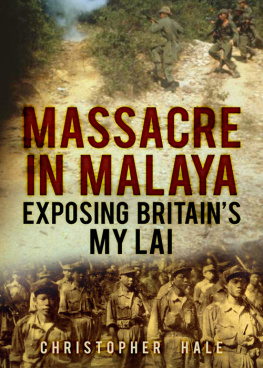First published in 1906 by George Allen & Unwin Ltd.
This edition first published in 2018 by Routledge
2 Park Square, Milton Park, Abingdon, Oxon, OX14 4RN
and by Routledge
711 Third Avenue, New York, NY 10017
Routledge is an imprint of the Taylor & Francis Group, an informa business
1906 by Taylor & Francis
All rights reserved. No part of this book may be reprinted or reproduced or utilised in any form or by any electronic, mechanical, or other means, now known or hereafter invented, including photocopying and recording, or in any information storage or retrieval system, without permission in writing from the publishers.
Publishers Note
The publisher has gone to great lengths to ensure the quality of this reprint but points out that some imperfections in the original copies may be apparent.
Disclaimer
The publisher has made every effort to trace copyright holders and welcomes correspondence from those they have been unable to contact.
A Library of Congress record exists under ISBN: 49019163
ISBN 13: 978-1-138-31110-7 (hbk)
ISBN 13: 978-1-138-31112-1 (pbk)
ISBN 13: 978-0-429-45904-7 (ebk)
"Big fleas have little fleas upon their backs to bite 'em,
And little fleas have lesser fleas, and so ad infinitum ."
IN a place of Bigand smalldebates, it is always permitted to make a personal explanation, and as a lesser flea I have one to make.
Last August, believing that my publishers would produce a new edition of British Malaya by Christmas 1945, I wrote an introduction for it, only to be told that it would be impossible to reproduce the book for years. I therefore made use of the Introduction in the Course of Press Correspondence on a subject closely connected with Malay affairs, namely, the British Government's declared policy to arrange a Union and a new Constitution on the nine states of the Malay Peninsula, leaving the tenth statePetinunder the control of the Siamese Government, in Whose territories so many British subjects had been compelled to work and to die.
The new British policy is going to have such an effect on the Malay race and their homeland that, as a record of events I should like to reprint here the published correspondence which describesso far as is known to the publicthe various steps by which the present Government induced the Malay Rulers or forced on themthe acceptance of pre-arranged plans. The White Paper which purports to describe them should also be recorded, but that story must be left to another friend of Malaya when all the details of this strange and uncalled for action are known and finis can be written on proceedings discreditable to the British name and character.
The last few years have seen the downfall of two mighty Powers which set out to conquer West and East and so divide the World between them, while a third Power joined in, rather half-heartedly, hoping to secure some valuable pickings as well as command of the Mediterranean"Our Sea" as Mussolini styled it. But Italy fell while its fellow gangsters still carried on the struggle. With such stupendous happenings, it was hardly surprising that Malaya was swept into the general mle, was overrun by the Japanese, and its Protecting Power, deeply concerned to preserve its own existence, was unable to save the unprepared and distant States from years of occupation by an enemy who proved himself devoid of all decent instincts, and has paid a terrible penalty for his treacherous attack and the barbarous methods he employed in making use of the people soldiers or civilians, men and womenwho fell into his hands.
It may be said that these great events are not the concern of the small States in remote Malaya, but it happens that, owing to the circumstances of their invasion and capture, a good deal has been said and written, since early in 1942, that does concern them very nearly, and that is why I wish to take this opportunity to say something about a country which, and a people who, will always remain of the deepest interest to me.
Malaya is now free again, and it is suggested by many speakers and writers that there must have been something very wrong with her past administration for the Malay States to have fallen so easily into the hands of the Japanese, and these knowledgeable and well-informed people say that this is the opportunity to reorganize and reconstruct the administration and generally to reconstitute Malaya. For whose benefit is usually not stated, but in no instance have I seen it pleaded that the object of proposed panaceas is to make life pleasanter for the people of the country.
The Malay States are not British Territory, and our connection with them is due to the simple fact that 70 years ago the British Government was invited, pushed, and persuaded into helping the Rulers of certain States to introduce order into their disorderly, penniless, and distracted households, by sending trained British Civil Servants to advise the Rulers in the art of administration and to organize a system of government which would secure justice, freedom, safety for all, with the benefits of what is known as Civilization; and, of course, to provide an annual revenue sufficient to meet all the charges of a government which had to introduce railways, roads, hospitals, water supplies, and all the other requirements of modern life. Of nine States south of Siam, four asked for or accepted this help; four others, threatened by Siam, came later under direct British Influence; while Johore, nearest neighbour to Singapore had, ever since the occupation of that island by Sir Stamford Raffles in 1819, depended for its development on the wealth and enterprise of Singapore Chinese.
In asking for, or accepting, the guidance and later the control of administration by British Officers, it was rather assumed than definitely agreed that the Malay Rulers placed themselves, their people, and their territories, under the Protection of the British Government, with certain reservations as regards the Muhammadan Faith and ancient Malay Custom; but it has never until quite recently been suggested that the position and authority of the Rulers should be questioned, or that they have in any way lost status.
The story of how the first British Residents performed their difficult task is told in this book, as well as how they evolved a scheme of administration never before tried with a people of different colour, language, and religion inhabiting a tropical country. The book also describes the extraordinary success secured for these Malay States by the efforts of their British advisers, working hand in hand with the Malay Rulers, their Chiefs, and their people. It was not easy work, nor always carried on without opposition, but to-day it is possible to write of an experiment which has had 70 years' trial, except for the last 3 years of Japanese rule of which, so far, we know little or nothing.


